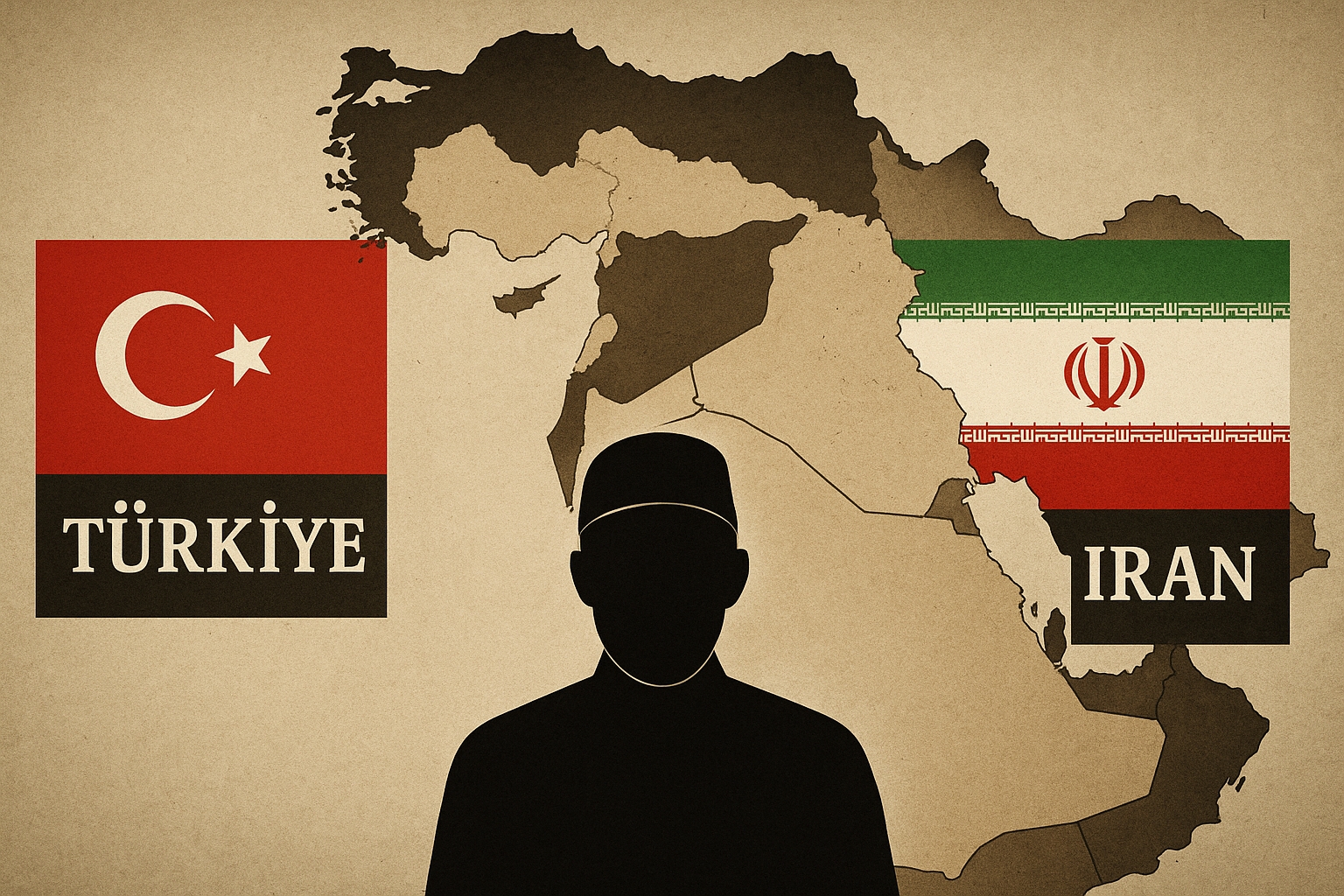



 Crescent International
Crescent International
So far, the ongoing regional war in West Asia has primarily centered on military fronts, geopolitical dynamics, and the zionist-perpetrated genocide in Palestine.
Yet, there is another, equally important, dimension: the struggle for soft-power projection.
Since the start of the regional war in 2023, one of its biggest political casualties has been the AKP government in Türkiye.
Before 2023, most people in West Asia—as well as well-informed observers elsewhere—clearly understood that the region’s dictators, backed by western regimes and Israel, served a single purpose: to act as political and clandestine defenders of Israel and western neo-colonialism.
No one expected the US-backed dictatorships in Egypt or the UAE to lift a finger against the genocide in Palestine.
However, Recep Erdoğan’s government successfully deceived many Muslims into believing that it represented an Islamic-oriented administration.
The genocidal war on Palestine has stripped away this façade entirely.
Not surprisingly, one of the key political and propaganda responses from Ankara to the collapse of its own façade has not been directed against Israel, but against Islamic Iran.
Why?
Turkish policymakers understand that Iran—as the only existing Islamic state system that has both directly and indirectly confronted Israel and the United States—has gained immense credibility and sympathy across the Muslim world.
This shift in perception poses a profound challenge to the AKP’s carefully manufactured image as a champion of Islamic causes.
For years, Erdoğan’s government relied on symbolic gestures, controlled rhetoric, and selective opposition to western policies to maintain its standing among Muslims globally.
Yet, when the US-zionist war on Palestine exposed the true lines of resistance and complicity, Iran’s actions—rather than Turkey’s words—resonated with the conscience of the Ummah.
The AKP’s subsequent propaganda against Iran is, therefore, not ideological, but defensive: an attempt to contain the growing recognition that the only state structure meaningfully resisting zionism and western hegemony today is Tehran, not Ankara.
Türkiye’s propaganda campaign against Islamic Iran will, unsurprisingly, find quiet backing from Israel, as it serves the long-standing objective of fostering division in the region and among Muslim societies.
This alignment of interests—between Ankara’s political insecurity and Israel’s strategic need to fragment the Muslim world—is neither accidental nor new.
Actions, however, always speak louder than words.
No matter how extensive the disinformation campaign gets, Türkiye will find it extremely difficult to erase from the collective memory of millions the unprecedented blows Iran has dealt to Israel—blows that no other state system in the region has ever dared to deliver.
These actions have permanently altered regional consciousness.
They have exposed the gap between rhetorical posturing and genuine resistance, between regimes that echo Islamic slogans and those that materially challenge zionism and western imperialism.
Ankara’s words cannot undo what Tehran’s actions have made visible—that real sovereignty and defiance in West Asia no longer lie in political theatrics, but in strategic courage.
The most important question arising from the above is whether we are likely to witness active Turkish–Iranian friction in the region.
Based on precedent, such a scenario remains unlikely.
Both Iran and Türkiye have demonstrated a pragmatic understanding of their strategic interdependence, most notably in Syria.
Despite being on opposites sides of the Syrian conflict—with Iran backing the Syrian state and Türkiye supporting various armed opposition groups—both countries managed to contain their rivalry within diplomatic and geopolitical boundaries.
Through the Astana Process, launched in 2017 alongside Russia, Tehran and Ankara established a platform for conflict management that prevented their differences from escalating into direct confrontation.
This pattern reflects a deeper political maturity and recognition of shared vulnerabilities.
Both states understand that overt hostility would only serve western and zionist interests, reigniting sectarian divisions and undermining the emerging multipolar realignment in West Asia.
Iran views Türkiye as a necessary regional buffer against NATO encirclement, while Ankara knows that confrontation with Tehran would isolate it from the non-western blocs— particularly the Eurasian and BRICS-oriented frameworks it aspires to join.
In essence, while tactical frictions will persist, both countries’ leaderships recognize that their geopolitical survival and regional influence depend on maintaining a managed competition rather than an open conflict.
Their mutual restraint is not merely diplomatic convenience—it is a strategic necessity in an era where western power is declining, and regional self-determination is being redefined.
